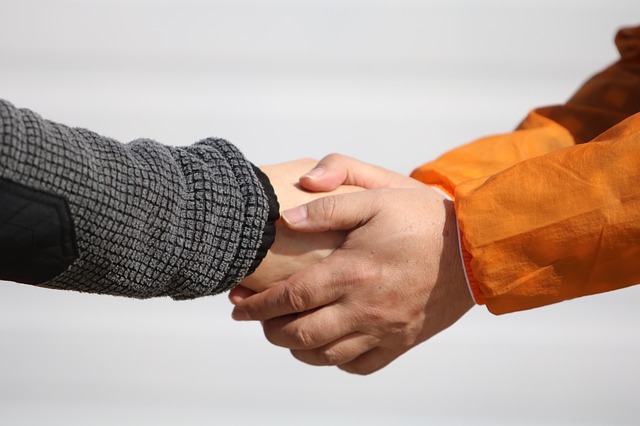If you are doing business and plan to expand into foreign markets as well, you should definitely be concerned about body language across cultures. This is especially true if you are looking for business partners outside of Europe. However, even in Europe, the rules can be quite different from country to country. Let\’s look at specific gestures.
Shake hands.
In some countries, such as the United Kingdom, Germany, the United States, and New Zealand, this gesture is used when meeting and saying goodbye. If you know each other, this ritual is not necessary. In most European countries, however, a handshake is common, even between acquaintances. In India and the Middle East, the handshake may continue even after the handshake is over. In Japan, China, and Korea, on the other hand, such contact is considered rude, and the person bows. Bowing shows respect for the other person.
Kissing and hugging
This is a bit of a dilemma for many Czechs. In southern Europe, for example, kissing and hugging are common for both men and women. It is also becoming more popular in the United States. In the Netherlands, Switzerland, and France, women kiss both men and women, but men often just shake hands. Kissing is not common in the United Kingdom and is quite inappropriate in the Middle East. However, in Turkey, for example, kissing is quite normal, even between men who have never met each other before, so it should not be a surprise if a Turkish man kisses you on the cheek the second time you meet.
Gestures
For example, nodding the head means “yes” in most of the world, but “no” in Bulgaria. In Japan, it means “I understand” or “please” and is not a traditional expression of agreement. The zero gesture means OK in most European countries, but zero in France and Belgium, a symbol of money in Japan, an offensive gesture in Turkey, and an expression of homosexuality in Greece. In Europe, Egypt, Israel, and Brazil, a thumbs up is OK in “thank you,” but in Iran it is considered a very rude gesture.
In some countries people do not like to be touched (England, Germany, USA, Australia, Japan, Scandinavia), while in others touching is a great way to strengthen relationships (Spain, India, Iran, France, Turkey, Greece, Arabia, Italy).